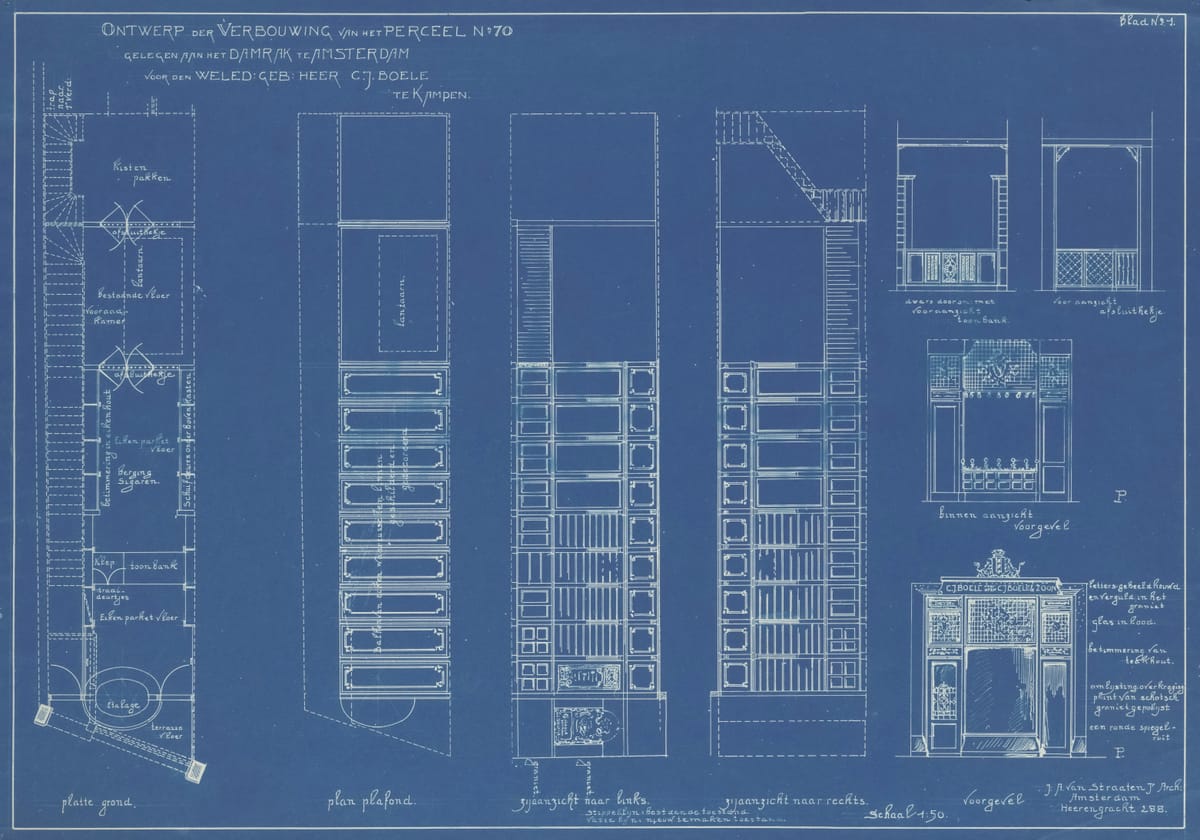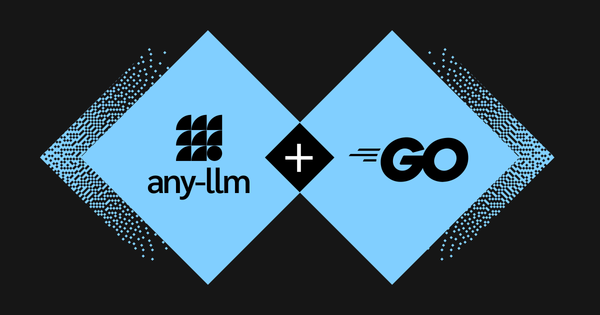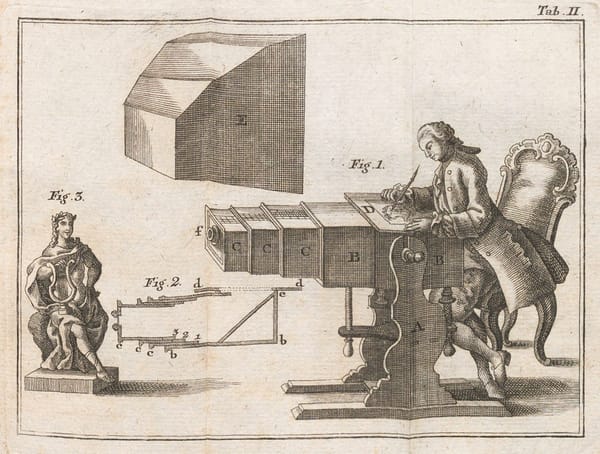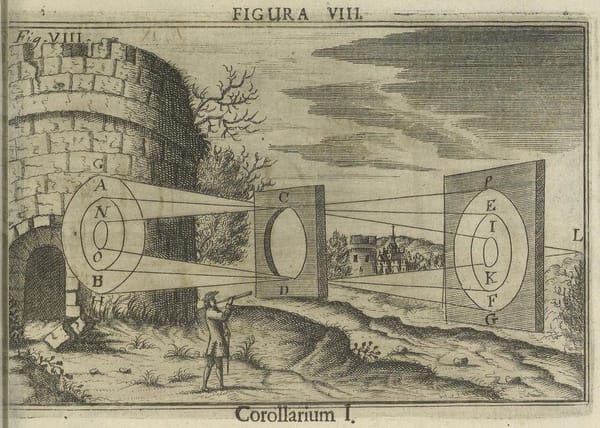Introducing Blueprints: Customizable AI workflows for Developers
Developers today face many challenges when trying to integrate AI into their apps or building an “AI solution” from scratch. At Mozilla.ai, we’re committed to breaking down these barriers with Blueprints – our initiative to help developers adopt open-source AI tools and models with confidence.

Developers today face many challenges when trying to integrate AI into their apps or when building an “AI solution” from scratch. At Mozilla.ai, we’re committed to breaking down these barriers. That’s why we’re excited to introduce Blueprints – our initiative to help developers adopt open-source AI tools and models with confidence.
The Challenges Developers Face
Over the past few months, we’ve spoken with developers who are just getting started with building AI-powered apps, and many shared a common struggle: Trusting information sources. As one developer explained, “Certain sub-Reddits or Discord servers can be helpful, but it’s hard to separate the signal from the noise. How do I know I can trust one random Reddit user over another?”.
Interoperability remains a significant issue too. One developer we interviewed shared, “It’s difficult to integrate different packages. Either they aren’t maintained, or updates break existing integrations.” The fragmented ecosystem often leaves developers spending more time troubleshooting than actually building.
With these issues in mind, we want to help make open-source options easier for developers. By focusing on trusted resources and improving tool interoperability, we’re excited to introduce Blueprints – a way for developers to adopt open-source AI tools and models with confidence.
Kickstart your AI projects with Blueprints
Blueprints are customizable workflows that help developers build AI applications using open-source tools and models. They offer flexible solutions for AI use cases, bridging the gap between raw tools and end-to-end solutions. We want them to provide a quick, easy starting point, especially for developers who are starting their AI journey.
Each Blueprint is designed to solve specific functional challenges developers face and provides a code base that integrates leading open-source tools and models, offering a reliable foundation for developers. Blueprints are designed for flexibility – allowing you to customize elements like the model used or the system prompt – and for extendability – enabling you to build additional components as needed. This makes it easy to adapt them to your specific use case needs. Blueprints will also be continuously maintained to ensure they always use the best tools and models available.
Our First Blueprint: Document-to-Podcast
The Document-to-Podcast Blueprint shows how to use open-source models and tools to transform input documents into an audio clip featuring multiple speakers. We selected this use case partly due to the popularity of Google’s NotebookLM podcast generation feature, which people loved for its ability to make their documents more consumable. We wanted to demonstrate how developers can use open-source tools and models to create a similar workflow, with more control over the models and prompts used.
We want Blueprints to be as accessible as possible. That’s why we designed the Document-to-Podcast Blueprint to run on most local setups by prioritizing smaller, CPU-friendly models. You can even get started using GitHub Codespaces, so nothing needs to be installed on your machine. We’ve also added step-by-step guidance to ensure developers new to AI understand how it works under the hood.
A Collective, Community-driven Approach to AI Innovation
As the Blueprints lead PM, I see Blueprints as a blend of community-driven innovation and carefully curated AI workflows. Each Blueprint provides a solid foundation for AI integration while inviting feedback and contributions from developers. We hope this approach ensures that every Blueprint stays high-quality and evolves over time, guided by real-world usage and input from the broader AI community.
Blueprints also serve as a tool for mindshare, bringing a shared understanding and approach among developers on how to solve AI challenges with open-source tools and models. We aim for Blueprints to kindle community engagement and discussions that simplify the challenges of developing in the fast-changing open-source AI ecosystem, particularly by addressing issues like interoperability. We’ve also created a Blueprint-template for developers who are interested in building their own Blueprints and showcasing how they use open-source models and tools. As we develop more Blueprints, we’ll continue improving the template to make it as helpful and user-friendly as possible for creating new Blueprints.
Blueprints mark an important step in Mozilla.ai’s mission to empower developers with open-source AI tools. Please feel free to explore our first Blueprint, Document-to-Podcast on GitHub, where we encourage you to share feedback, contribute new features, or help us improve it. We’ll also be shortly releasing a technical blog diving into it more deeply.
With that, we’re also experimenting with new ways to help developers discover high-quality, trusted open-source tools and workflows. From speaking to developers starting to work in AI, discovery remains a major pain point, and we’re excited to explore how we can help contribute in this space. Stay tuned for more updates in our next post!





